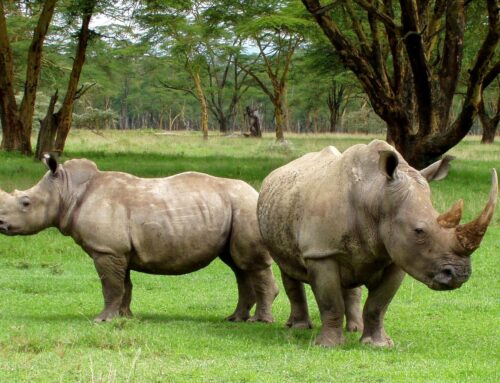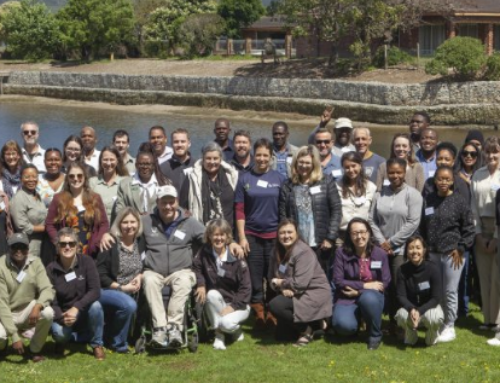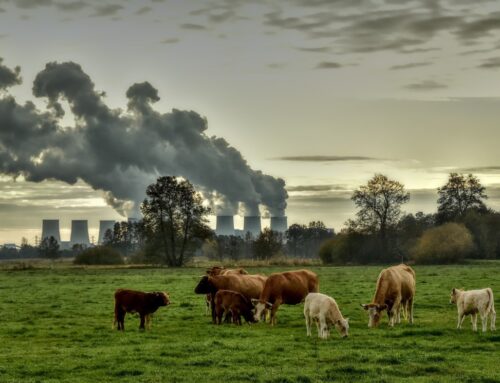Experts from across the South African food industry recently released a report exploring potential future scenarios for the country’s food industry. The report, entitled Transformative Scenarios Report: The future of food 2015-2030 highlights some dire current realities, while also noting that the system could be recast with political courage, private sector initiative and strong advocacy and support from civil society.
“There are a number of critical concerns regarding production of food in South Africa in the coming years,” says Scott Drimie, Director of the Southern Africa Food Lab (SAFL). “Hunger and malnutrition remain serious problems in South Africa but the underlying causes are complex and interrelated; spanning environmental, health, economic, socio-political and agro-food issues. These include increasing unemployment, food price volatility, HIV and AIDS, drought conditions, a decrease in government support for agriculture and persistently high levels of urban and rural poverty. These challenges make it difficult to achieve the constitutional right of all South Africans to adequate food, despite national and international commitments to meeting these rights.”
“The only way to tackle these issues constructively is by prompting a more coherent conversation about an effective food system for South Africa. Such a conversation would require engagement at an individual, institutional and sectoral level subsequently delivering a shared response and corrective action in managing the interlocked challenges of water, energy and food security. It is hoped that this report will provide the starting point.”
This thinking was the driving force behind a Transformative Scenario Planning process. The process was convened by SAFL at Stellenbosch University in partnership with WWF South Africa and Reos Partners. “Transformative Scenario Planning helps bring together teams of stakeholders – often with divergent views – to create stories about what could happen in their problematic situation and what options are available to deal with it,” explains Colleen Magner, Director of Reos Partners. “Transformative Scenario Planning enables participants to construct shared understandings, stronger relationships, and clearer responses to change the current reality.”
The scenarios – which deal with plausible threats to natural resources, food production, the impacts of the political economy and nutrition issues – were developed through a structured set of activities including research and workshops with participants from across the food system, and a focus on influential leaders. These leaders included policy makers, regulators, producers, intermediaries, NGOs and consumers.
The scenarios process was informed by a systematic literature review of the South African food system, undertaken by a SAPECS member, Laura Pereira. The review and its executive summary cover a range of topics relevant to the scenarios discussion. These include the nutrition transition, deagrarianisation and the increasing role of food retailers in the system as well as challenges and drivers of change including climate change, marine resource depletion and land reform.
The take-home message from these processes is that this is just the beginning of the discussion. We need to enter into extensive debate and discussion with all citizens on what food system we want in South Africa because we are all a part of it.
For further information on the Transformative Scenarios process, visit https://www.southernafricafoodlab.org/transformative-scenarios-process.html












